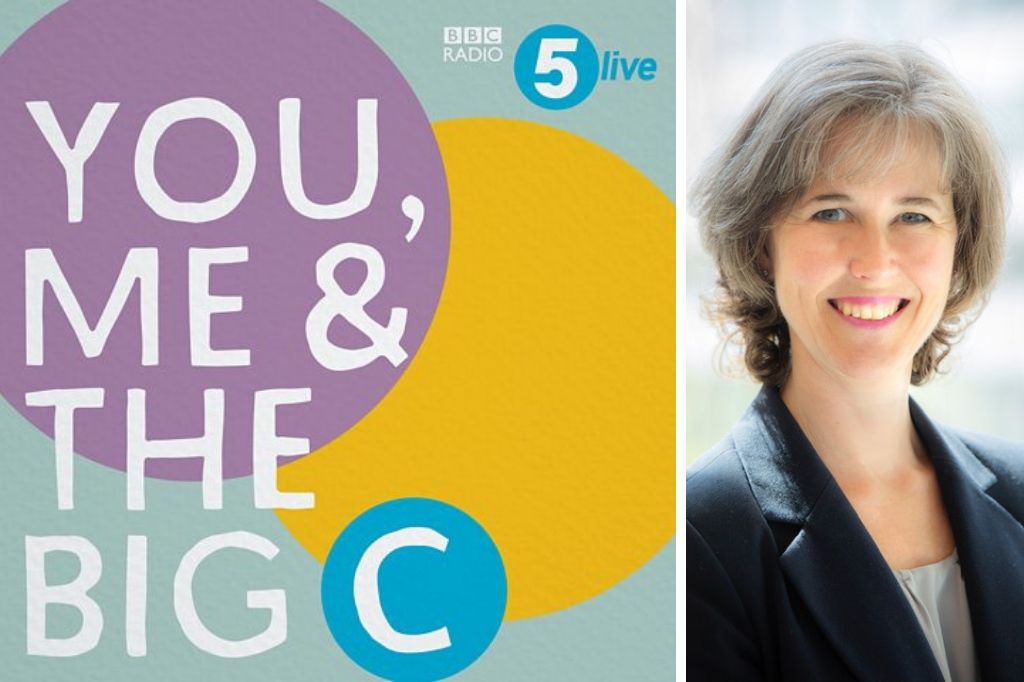‘The GP, my husband and I all had to Google it’ – UON academic Kate on the day she found out she had one of the world’s rarest forms of cancer
Date 5.07.2019
5.07.2019
An academic from the University of Northampton has described the moment she found out she had a rare form of cancer in a new BBC podcast.
Deputy Dean, Kate Williams, was diagnosed in 2017 with cystic peritoneal mesothelioma, a form of abdominal cancer with only 153 recorded cases worldwide.
Kate, who is also a newsreader for BBC Radio 5live, talks about her experiences on the latest episode of the Beeb’s You, Me and the Big C podcast.
Her interview starts 14 minutes in to the About the Rare Cancers episode of the podcast.
Kate said: “My GP opened the letter containing the diagnosis, read it out and he, my husband and I all had to Google it to find out more about it – it is that rare.”
In the podcast, Kate also talks about undergoing major surgery which saw several of her organs removed and chemotherapy, which was heated to 42Celcius, circulated around her abdomen.
She said: “The future should be good. They got it all and there is no evidence of the disease and that’s all I can concentrate on.”
Kate’s diagnosis sparked within her an interest in confessional journalism – the growing trend of journalists putting aside their professional impartiality to tell their own personal stories, such as John Diamond, who wrote an award-winning column in The Times about his experience with throat cancer.
Then, in 2016, her 5live colleague, Rachael Bland began to blog about her experiences living with breast cancer. Rachael then went on to launch the You, Me and the Big C podcast.
After dipping her toe into the world of confessional journalism herself, Kate has a new insight into the phenomenon, which she is due to discuss at the Association for Journalism Education’s annual conference in Paris, on Monday 8 July.
There she will present a paper which uses Rachael Bland as a case study, and focuses on podcasts and their potential for opening up new, more intimate and subjective spaces in contemporary broadcasting.